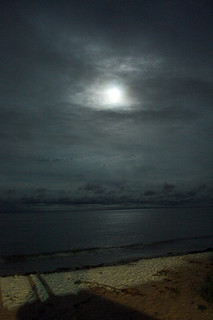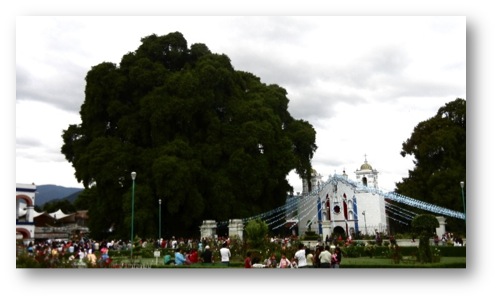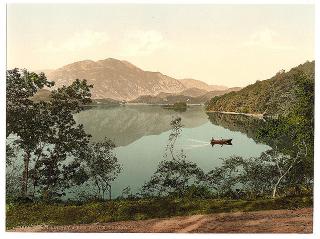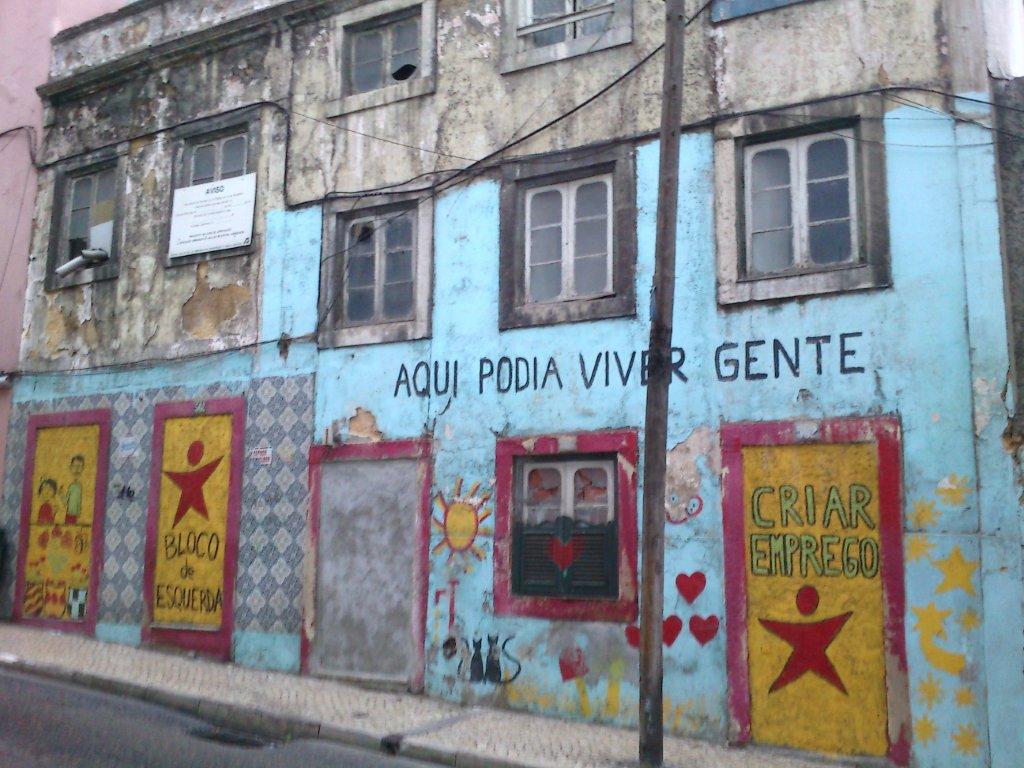By KRISTA LEAHY
Cold beer, slippery hands, cigarettes no one (everyone) wanted,
By KRISTA LEAHY
Cold beer, slippery hands, cigarettes no one (everyone) wanted,

Who was it that cried out? This cry,
a call that opens night
breaks out like a bird
breaking to greet dawn, or
the arrival of a high tide
that brings schools of fish
whose scales make the waters
glint and shimmer, glint and shimmer.
By KELWYN SOLE
I want what comes after:
the first lifted bucket’s clang
once the rooster’s all crowed out,
a keen thirst for fresh water
as sequel to that sound
Writing in Place is a column in which authors published in our print and web pages tell us about their writing spaces.
I write in a glass-sided room, an addition to a 1950s brick bungalow, southern style. From the threshold that once led to the outdoors, it’s just one giant stride to my desk: space enough to tap at a keyboard, or lie down; for books and papers to breed, but not for dancing (a tiny tango when someone says yes).
The guard at the gate smiles a toothless smile, and lightly taps the security boom open for me. We recognize each other; him with his brown uniform and heavy automatic tucked into a pocket on the front of his bullet-proof jacket, me with my rusted car and naive wave.
By ROLF YNGVE

People would tell us to go see the big tree, and finally we flagged ourselves into one of the cheap cabs that go between Santa Maria del Tule and Oaxaca de Juarez on a set route. It was getting dark early under an overcast sky, the remains from tropical storm Ernesto, who had petered out after making some news in the Yucatan.
We found the big tree, a knob made for the grip of some great giant who could use it to lift the entire town – the entire state – out of the Mexican ground. It seemed to squat between the mayoral offices and the church. All the nearby buildings clung to earth like the homes of dwarves.

Here are the ducks beaking for a mate,
ink leaks from a pen, a robin settles
in the birch’s oxter, the loch’s there
long and letting something to sea.
By ROXANE GAY
We decided to go to Metropolis because we heard there was a giant Superman statue in the middle of town and even though it would be a long, hot drive, it felt like something kitschy and summery to do with the great swaths of time afforded by summer break. That none of us had a particular affinity for Superman made the folly of the trip even more amusing.

Dispatches will be taking a vacation during the month of August. In the meantime, please take a virtual vacation with some of our recent dispatches: Join Julia Lichtblau as she contemplates economics in sun-soaked Lisbon; Maura Candela as she stumbles upon her husband’s roots in Sicily; James Gill as he recalls a paradise lost in Canada’s Saskatchewan prairies, and Todd Pitock as he gazes up at the cold night sky in one of the hottest places on earth.

How can you tell a modern, Western country is in the midst of an existential economic crisis? Bread lines? People begging in suits? Garbage and vermin? Tumbleweed? Packs of feral youth and stray dogs?
I’m in gorgeous, light-drenched Lisbon for a two-week literary conference, staying at a residence in a drab suburb near the huge, green-and-yellow-tiled Campo Grande stadium. I ride the subways, walk up and down the hilly, chipped-stone streets, poke my nose in stores, people-watch in cafés. I try to see people’s expressions in their cars. Portugal’s economy is at its worst since 1945, its central bank says, and one of the worst-off countries in the euro zone. Yet people here go about business purposefully. They look calm, dignified, not conspicuously depressed. They dress nicely though not as expensively as Parisians or Romans.